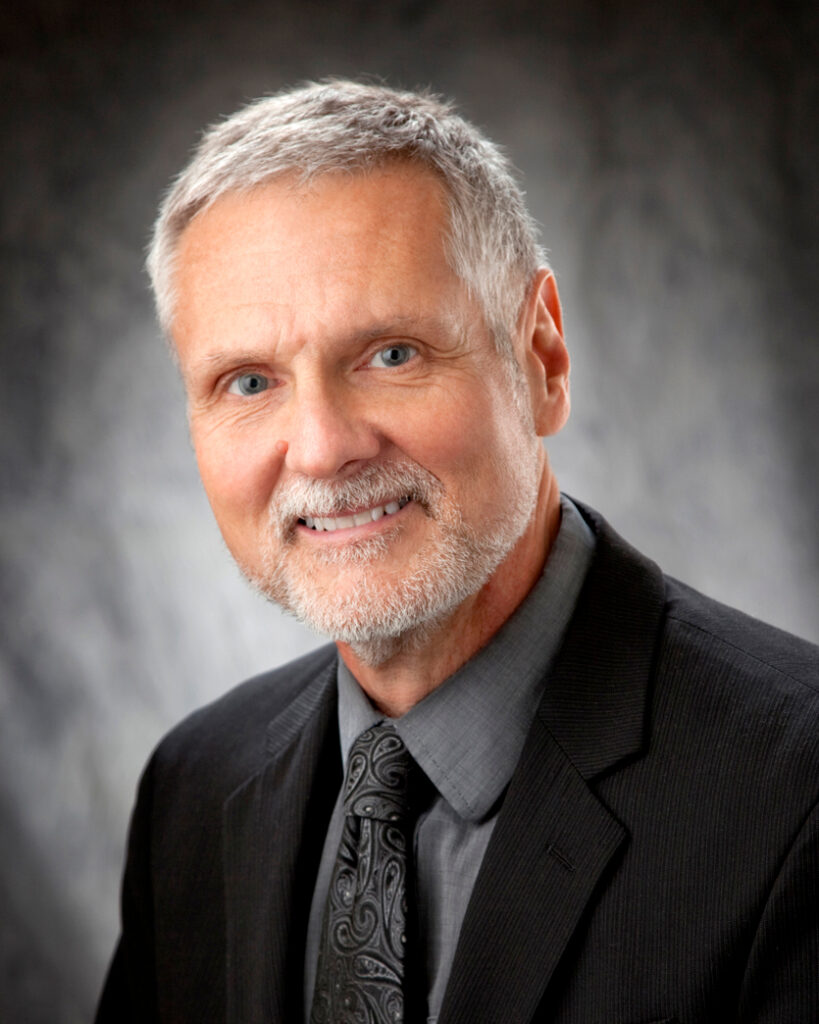Psychology professor Robert McGrath discusses his research on important life skills for adolescents
April 12, 2023 — “There is a quiet revolution going on in educational systems all over the world,” says Robert McGrath, a long-time professor of psychology in FDU’s School of Psychology and Counseling. “In recent years, it has increasingly been recognized that life in the 21st century is going to continue to change dramatically. And navigating through those changes will require personal skills that are very different from academic subjects.”

Professor Robert McGrath
As such, McGrath and Alejandro Adler, dean of student life and wellbeing at Upper Canada College, Toronto, Ontario, discussed their recent research on the subject, “A Review of Life Skills and Their Measurability, Malleability, and Meaningfulness,” in a panel discussion at a Washington, D.C., conference hosted by the Inter-American Development Bank (IADB), a fund for the Caribbean and Latin America development.
“Skills for Youth: Investing in Human Capital in Latin America and the Caribbean,” was part of the United Nation’s International Day of Education. The conference featured ministers, high-level authorities of the region and international experts.
McGrath and Adler’s work considered 30 valuable life skills and examined their measurability, malleability (evidence that these skills can be changed or improved in an educational setting) and meaningfulness (having evidence that improving skills can change the lives of youth) to determine the 10 best, which, when taught, are most likely to result in demonstrable and valuable results in youth.
These skills are mindfulness; empathy and compassion; self-efficacy and self-determination; problem solving; critical thinking; goal orientation and goal completion; resilience and stress resistance; self-awareness; purposefulness; and self-regulation, self-control and emotion regulation.
“We were really looking for those skills where there is a substantial body of evidence saying, ‘Yes, schools have the capacity to change these things,’” McGrath said in the panel discussion.
“I was happy that one of the skills that made it to the list was critical thinking. When we talk about life skills that really matter, that one is right up there,” McGrath said at the event. “The most effective critical-thinking programs had intentional instruction in critical thinking and also integrated it into every component of the curriculum.”
McGrath and Adler are working with IADB and the World Bank, which provides loans and grants to low- and middle-income countries around the world. “This is the first effort by these large institutions to develop a set of specific conclusions about what evidence-based life skills are associated with the strongest research support,” McGrath says.
“Despite billions of dollars devoted to programs around the world with very different goals,” he continues, “there is still very little known about what works best with which youth in which situations. We’re still just at the beginning of this exciting project, so where it will lead is still an adventure in the making.”